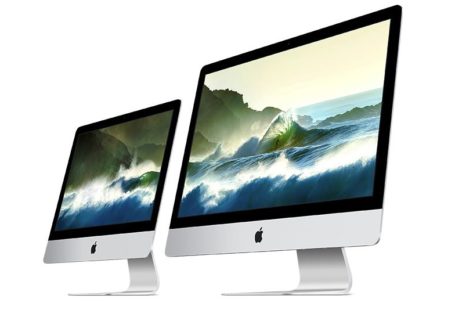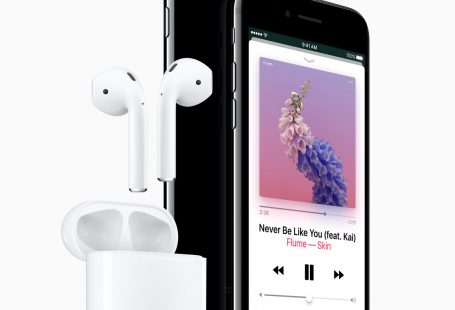IDC released estimates for Windows Phone market in the next few years, and that data is not nice. According to them, Windows Phone / Windows 10 Mobile will have a 2.1% share in the mobile space, and that number will not change much in the next 3 to 4 years.
Universal apps “won’t work”, like Ballmer said, and IDC seems to agree. They’re not the only ones, and Jean-Louis Gassée writes about this on Monday Note:
There are well-understood reasons why this slam-dunk idea has never paid off in practice. At one end of the spectrum, we have lowest common denominator mediocrity: Compromises must be made to ensure that a single Write Once code base will work on the smallest, least powerful Run Anywhere device. Imagine music that’s written so that it can be played, without rearrangement, on a flute or by an orchestra. You’re not going to hear many orchestral performances.
To solve the problem, we can go to the other end of the spectrum and devise modules that are tailored for each supported device and bundled inside a universal app. When an app is launched, it determines which device it’s running on and activates the appropriate module.
- Universal apps: that’s the only way to become themselves a hardware/software ecosystem to compete against Apple and Google. Microsoft is late to the party, yes, but it was late too with the Xbox, and their entertainment business is doing well.
- Fork Android: Nokia showed us what an Android fork could work on their phones -remember Nokia X?- and Microsoft seems to have a plan B in mind: talks with Cyanogen suggest a possible Android fork based on Cyanogen OS populated with Microsoft apps and services instead of Google ones. I predict Microsoft will take this road when if Windows 10 Mobile and the universal app strategy fails.
- Goodbye, mobile: I really don’t see Microsoft leaving this gigantic market to its rivals, but others have surrendered. Microsoft should focus on apps and services, and would abandon it’s convergent OS strategy.
I want to be optimistic here. I think Microsoft has a chance, but it’s not a big one. Yes, Android and iOS seem to be invincibles, but it felt the same way with IBM in the 80s, Microsoft in the 90s, Google in the 2000s an so many others along the way.
Numbers are just that: numbers.




